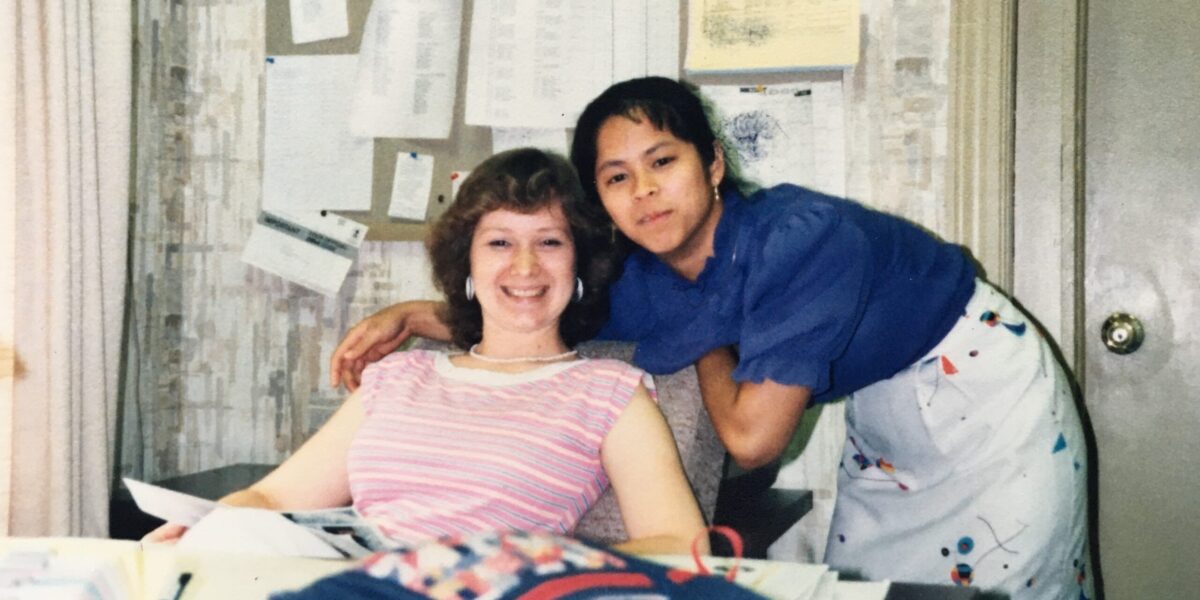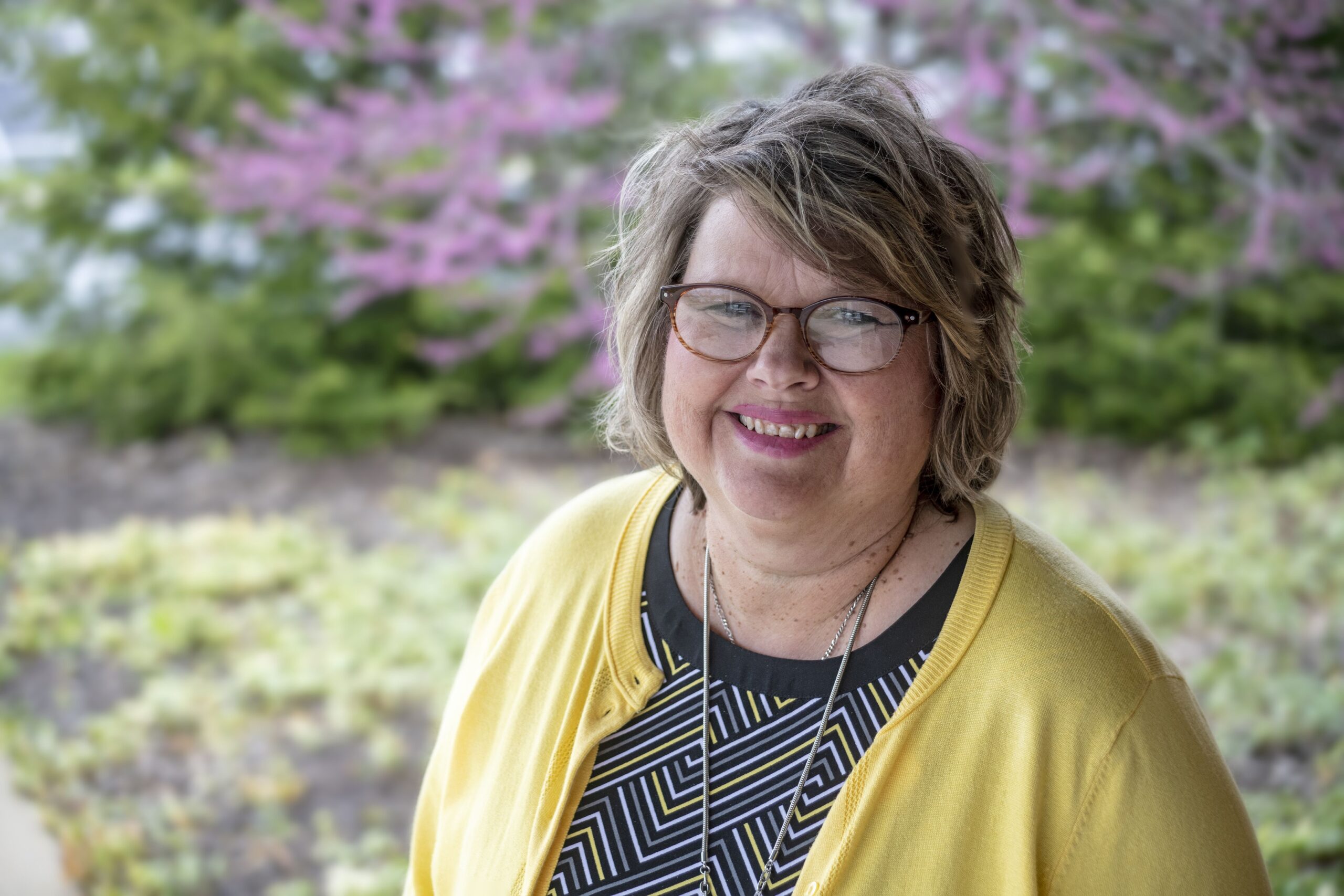NEWTON, Kansas (Mennonite Mission Network) — When Arloa Bontrager, a conservative Mennonite 20-something, left her family’s Indiana chicken farm to serve in a childcare center in Philadelphia, her world turned upside down.
Three-plus decades down the road, Bontrager, director of SOOP (Service Opportunities with Other People), said in a recent interview that she has been forever grateful for the upheaval. It changed her world perspective; and it was the first step towards helping her broaden the perspective of others in SOOP, a Mennonite Mission Network program celebrating its 30th anniversary.
"There I was, a little country girl from Middlebury, suddenly thrust into the middle of a major, U.S. city in a service program sponsored by Eastern Mennonite Missions," Bontrager said. "The unit house was situated in a Latino neighborhood, and I attended church in a Jewish neighborhood. Also, the childcare center was at Diamond Street Mennonite Church in a predominantly Black neighborhood.
"All that was a lot of exposure to new experiences, cultures, and people. It rocked my world and changed my worldview forever."
After Philadelphia, Bontrager went to Phoenix, Arizona, where she lived for five years and served as administrative assistant at Sunnyside Mennonite Church. The move solidified the world-expanding city experience with exposure to the culturally diverse Southwest.
Upon return to Indiana, she enrolled at Goshen (Ind.) College where she earned a social work degree, followed by her pursuit of a master’s in social work at Indiana University. She then worked for 10 years in child protective services and hospice care.
In 2002, she came to Mennonite Mission Network, where she was immediately named director of SOOP; two years later she also named director of Youth Venture, a short-term, summer service program for young people.
19 years and counting
For the past 19 years, two-thirds of SOOP’s life, Bontrager has applied her wider-world perspective in further developing SOOP. For example, during her tenure, the program has grown from a yearly 20 placements to 200 in pre-Covid-19 times.
It underwent a name change from Service Opportunities for Older People to its current name. And SOOP added several international locations to its roster of more than 70 sites across the United States and Canada. They range from church camps to city food pantries to prison ministry to initiatives that reach people on the margins.
"The name change, and the addition of international service options, was part of conveying more of a focus on being a network of partnerships versus only focusing on the people serving," she said. "It’s not that we didn’t see the volunteers as important, but we wanted to convey more of a mutual exchange between the volunteers and the partner sites where they serve."
Bontrager also noted that SOOP was receiving an increasing number of requests from families and younger people looking for short-term, flexible service experiences, something that SOOP was already doing.
For example, up to half dozen families each year choose SOOP as a spring break destination or an opportunity to pass the baton of servant heartedness to their offspring. Also, younger couples have chosen SOOP as a service option when life plans take an unexpected turn.
Even with an expanded demographic, retirees total about 80 percent of yearly placements.
"I think there are a lot of stereotypes about retirees being done learning and growing" Bontrager said. "But that has not been my experience in SOOP. These volunteers choose to be the hands and feet of Jesus. I so appreciate their willingness to being open to what God still has yet to teach them about the world, their faith and their relationships."
As she celebrates this SOOP milestone, Bontrager said she is open to changes God may have in store for the future of the program. In some ways, she feels the heartbeat of the program is strong as it is.
"SOOP has always been very flexible and is very locally driven," Bontrager said. "And we believe it’s important to ask locations what is best for their site and to trust they will engage volunteers in ways that fit their mission. SOOP is a strong support, and a strong mirror, of who they already are."
Bontrager also believes new initiatives, such as adding anti-racism and healthy boundary training, are resonant with the growing social awareness of both Mission Network and its volunteers.
No matter what the next 30 years may bring, SOOP will always support the wider Mennonite value of forging community, service opportunities, and peace and justice initiatives, she said. SOOP shapes people and communities, who shape people and communities.
"One pastor summed it up for me in a really powerful way," Bontrager said. "He said that the SOOP experience within their congregation is another way to shape the narrative of the wider Mennonite church."
Bontrager knows that to be true — given how one service assignment at a formative juncture shaped the story of her life.








